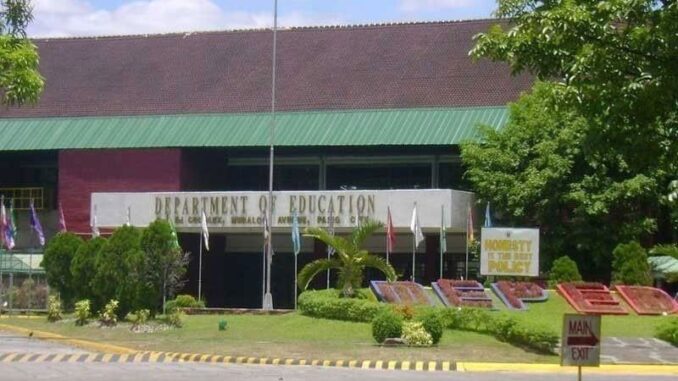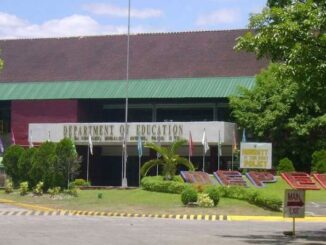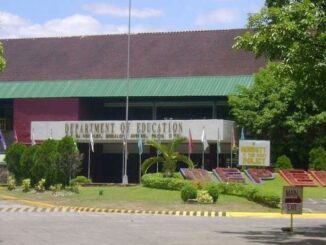
MANILA, Philippines — The Department of Education is aiming to complete its delivery of new textbooks to schools by June next year in time for the opening of classes, with e-learning carts to follow in July, according to its new timeline for the procurement of new school materials in 2025.
According to a memorandum released on Monday, September 23, all DepEd offices from the central office down to the school division level will conduct procurement activities starting October instead of January next year. The earlier procurement process aims to give DepEd a head start on procuring goods and services, including textbooks, learning tools, and infrastructure projects, for 2025, according to a DepEd news release.
Education Secretary Sonny Angara told Philstar.com that the department aims to award contracts for projects as early as January. “In effect, the delivery of these goods would be completed earlier,” he said.
“Given the indicative timeline of DepEd for [fiscal year 2025 Early Procurement Activities], the earliest possible completion of delivery of textbooks will be June 2025, and July 2025 for e-learning carts,” the DepEd chief added.
According to DepEd Memorandum No. 49, series of 2024, which was signed last week, the department’s central office will prioritize the following projects for early procurement:
- P5.3 billion in textbooks
- P4.3 billion in e-learning carts under the DepEd computerization program
- P2.1 billion in science and mathematics equipment
- Others (tech-voc tools, kinder activity sheets, conduct of programs under the disaster risk reduction service, among others)
In total, at least P12.4 billion in projects will be procured by the central office in advance.
Meanwhile, the regional and schools division offices will also conduct early procurement for their respective projects, including those passed down from the central office. This includes the purchase of smart TV packages, laptops, school furniture, electrification projects, school health facilities and the construction of last-mile school buildings.
This initiative by DepEd follows earlier promises from Angara during the House of Representatives’ deliberations of the 2025 DepEd budget. During the interpellation on September 2, Angara vowed to fast track the procurement of DepEd goods ahead of 2025 by conducting early procurement activities.
It was during the House budget hearings that lawmakers found out DepEd had not delivered a single laptop, smart TV or e-learning cart that it received funding for in 2022 and 2023, based on audit documents that covered the period until December 2023.
While the laptops have since been delivered, at the time of the budget hearing, just 8% of the smart TVs and e-learning carts (described by DepEd as “rolling libraries with laptops”) funded by the 2022 budget had been delivered to schools.
Audit findings of the 2023 budget also show DepEd only spent P2.75 billion out of the P11 billion that was allocated for its computerization program in 2023.
Angara took the helm of DepEd in July, while Vice President Sara Duterte led the department from June 2022 to July 2024.
Based on the latest data provided by Pitagan, DepEd only has one computer for every 30 teachers nationwide. Meanwhile, the student-to-computer ratio is at 1:9.
Procurement a years-long issue
The conduct of early procurement activities without awarding the actual contracts has been allowed since 2009, according to a 2019 statement by the Department of Budget and Management. The policy was introduced under the Arroyo administration when Rolando Andaya Jr. was Budget Secretary to fast-track the completion of projects.
A 2017 study by the Philippine Institute for Development Studies that assessed different agencies, including DepEd, found that the country’s procurement system is riddled with delays due to issues in the planning phase and a lack of expertise among government personnel.
The study highlighted that many government agencies struggle during the initial procurement stage, particularly with setting accurate cost estimates or ceiling prices. These miscalculations often lead to failed biddings, which then delay fund disbursement.
Another common cause of delay is the limited knowledge of procurement teams on Republic Act 9184 or the Government Procurement Reform Act of 2003, according to the study’s authors, who recommended the hiring of procurement specialists or transaction advisers to speed up the procurement process.





Be the first to comment